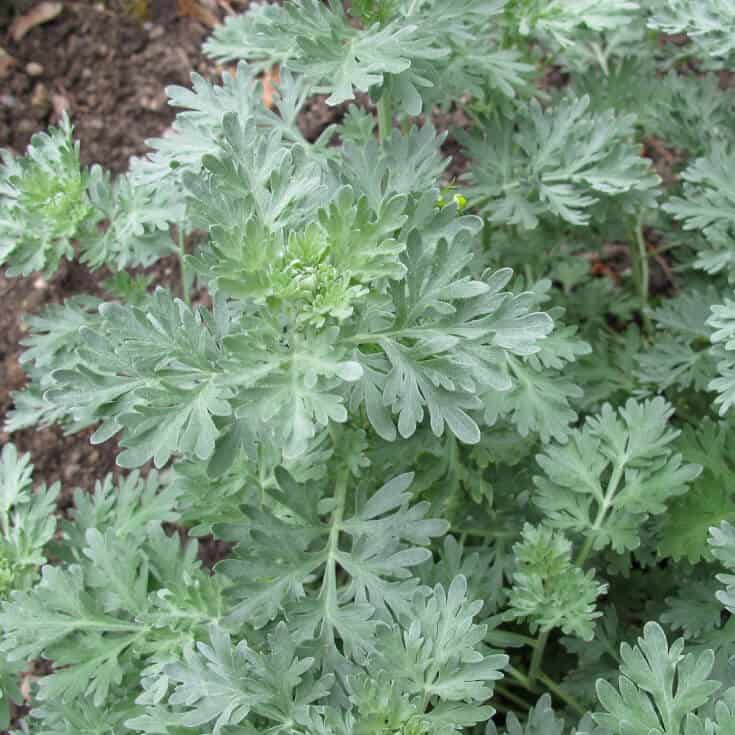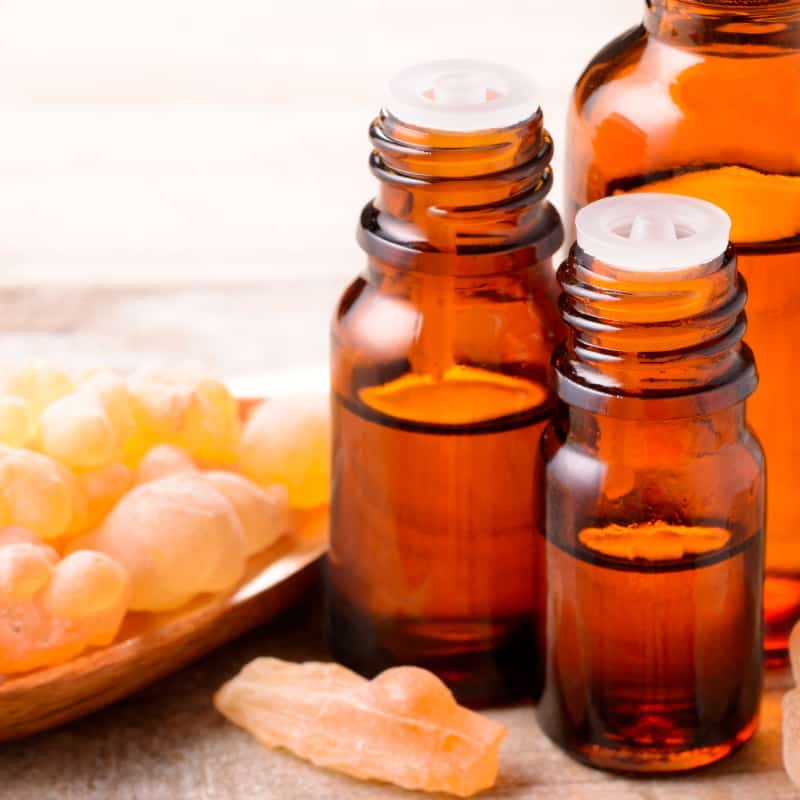Essential oils like frankincense oil have been used for thousands of years for their therapeutic and healing properties as part of the practice of aromatherapy. They're sourced from leaves, stems or roots of plants that are known for their health properties. Frankincense, sometimes referred to as olibanum, is a common type of essential oil used…
Small, cabbage-like and often ignored on plates across America, Brussels sprouts become more popular every Fall because they're often used at holiday time. Packed with vital nutrition, they deserve to extend into the other seasons. Brussels sprouts nutrition provide many important health benefits: plenty of antioxidants, help prevent cancer and heart disease, support for digestive…
Maple syrup is now among the most commonly consumed natural sweeteners worldwide. What are the benefits of maple syrup? This sweetener does more than make your pancakes taste sweet. It surprisingly has health benefits, including providing certain protective phytochemicals. Similar to the contrast between whole and refined grains, unrefined natural sweeteners that are used as sugar…
You may have heard that zinc benefits include the ability to help people recovering from the common cold or other illnesses, but this mineral is also needed by those who aren’t sick and who don’t have compromised immune function. As an essential mineral, zinc should be consumed in small amounts every day in order to…
The following is an adapted excerpt from my book "Eat Dirt: Why Leaky Gut May Be the Root Cause of Your Health Problems and 5 Surprising Steps to Cure It" (Harper Wave) Is eating dirt part of your diet? Before you get a bad taste in your mouth, consider this: If you were to take away…
According to research published by Gallup in 2023, people who follow a vegetarian diet is 4 percent among Americans. In the U.S., those who follow the more strict vegan diet — meaning they avoid all animal products — represent just 1 percent of the total adult population. Several analyses that have compared vegetarian diets to…
Have you ever experienced an upset stomach after eating? Maybe it was accompanied by excessive gas and bloating? There's actually a more scientific term for this common health problem: dyspepsia. What is dyspepsia? Well, aside from being a fancier word for upset stomach or indigestion, dyspepsia is defined as "any or all of the unpleasant…
Records of eating artichokes date back to Ancient Greece and the Roan Empire. There are texts indicating that these populations consumed the naturally occurring variant of the artichoke, the cardoon — especially for help managing rheumatism and gout — thanks to all artichoke nutrition has to offer. Today, this native plant is still found in the same…
Roughly 5 percent of the U.S. population over the age of 12 has some form of hypothyroidism (an underactive thyroid), and some estimates suggest up to 40 percent of the population suffers from at least some level of underactive thyroid. Women — especially older women — are the most susceptible group for developing hypothyroidism. People…
Phytonutrients are nutrients found in plants that develop to protect the plant from damaging environments. Plants are exposed to excess ultraviolet radiation, predator pests, toxins and pollution, resulting in the generation of dangerous free radicals within their cells. These free radicals can then bind and damage proteins, cell membranes and DNA of the plant. Fortunately, phytonutrients…









